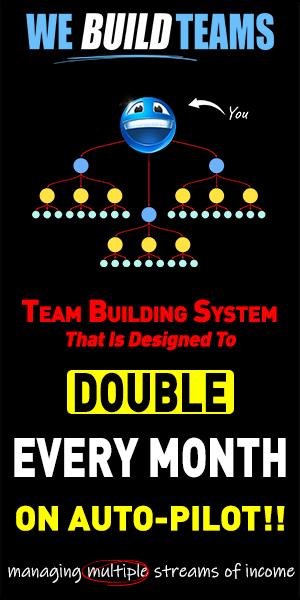The Complete Guide to MLM Compliance
Introduction
The Complete Guide to MLM Compliance.
Compliance is the backbone of a sustainable and successful MLM business. Without understanding and adhering to the legal and ethical standards, you risk penalties, reputational damage, and the collapse of your business network.
This comprehensive guide covers everything you need to know about MLM compliance — from laws and regulations to best practices and practical tips for staying compliant. Whether you’re a distributor, leader, or company owner, this will ensure your MLM operations are above board, ethical, and long-lasting.
What Is MLM Compliance?
MLM compliance refers to following the legal rules, industry standards, and company policies that regulate how MLM businesses operate. It protects both the company and its distributors by ensuring transparency, fairness, and legitimacy.
The Complete Guide to MLM Compliance
Why Is MLM Compliance Important?
-
Avoid Legal Action: Non-compliance can lead to fines, lawsuits, and business shutdowns.
-
Protect Your Reputation: Ethical business practices build trust with prospects and customers.
-
Ensure Long-Term Growth: Compliance fosters sustainable operations free from regulatory risk.
-
Maintain Industry Integrity: Compliance helps distinguish legitimate MLMs from illegal pyramid schemes.
Key MLM Compliance Areas
1. Understanding Pyramid Scheme Laws
The most critical area of compliance is avoiding pyramid schemes. The difference lies in product value and compensation structure.
-
Legal MLM: Emphasizes product sales to end customers.
-
Illegal Pyramid: Focuses on recruiting new members over product sales.
Example: The Federal Trade Commission (FTC) mandates that commissions should primarily come from retail sales, not recruitment fees.
2. Truth in Advertising
Marketing claims must be honest, substantiated, and not misleading.
-
Avoid exaggerated income promises.
-
Provide realistic examples and disclaimers.
Example: Use disclaimers like “Average earnings vary and depend on effort.”
3. Proper Income Disclosure
Distributors should clearly communicate realistic income expectations using company-provided earnings statements.
Example: The company should provide an official income disclosure document showing average earnings.
4. Respecting Privacy and Anti-Spam Laws
-
Obtain consent before sending marketing emails or messages.
-
Follow GDPR, CAN-SPAM, and other relevant laws.
5. Avoiding Unauthorized Medical or Product Claims
MLM companies selling supplements or health products must avoid making unapproved medical claims.
Example: Saying a supplement “cures” a disease without FDA approval is illegal.
Practical Tips for Staying Compliant
-
Train Your Team: Regular compliance training sessions for distributors.
-
Use Approved Marketing Materials: Always share company-approved content.
-
Maintain Clear Records: Document sales, commissions, and communications.
-
Monitor Your Team: Watch for red flags like recruitment-focused messages.
-
Consult Legal Experts: Regular audits and legal reviews to ensure compliance.
How Sparky AI Can Help with Compliance
Staying compliant can be complex. Sparky AI offers tools that:
-
Automatically review and flag non-compliant marketing content.
-
Provide up-to-date compliance training materials.
-
Help generate approved scripts and disclosures personalized for your business.
Get started with Sparky AI to protect your MLM business and grow confidently: https://www.UseThisSystem.com/
Conclusion
MLM compliance is not just a legal obligation but a vital foundation for credibility, growth, and long-term success. By understanding the laws and implementing best practices, you safeguard your business and empower your team to operate ethically.
Master MLM compliance and build a business that thrives within the rules—because integrity always wins.


